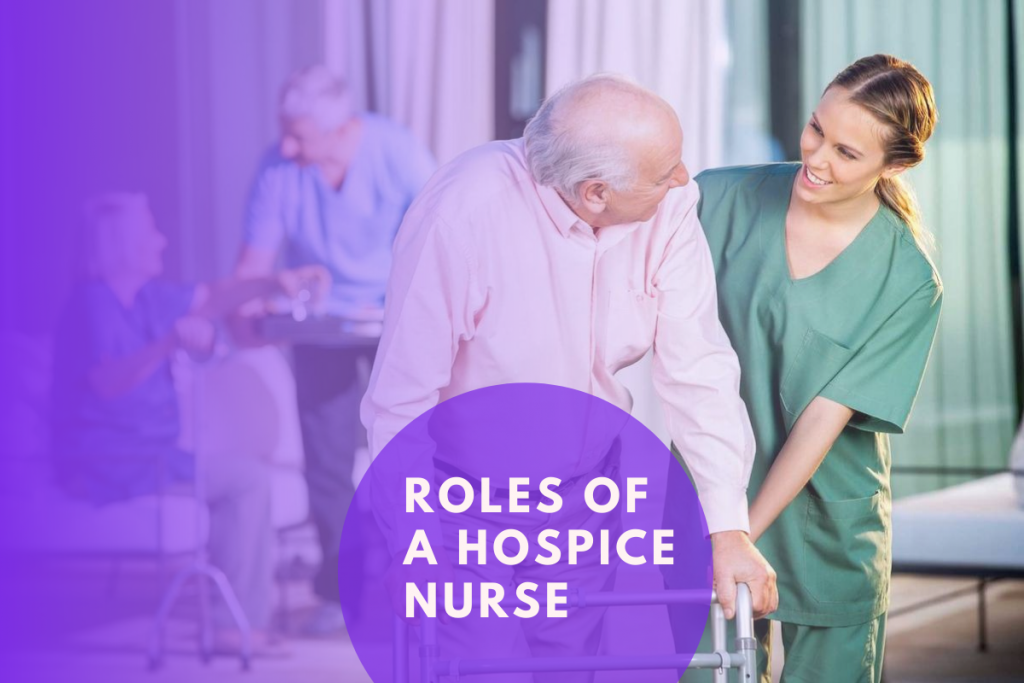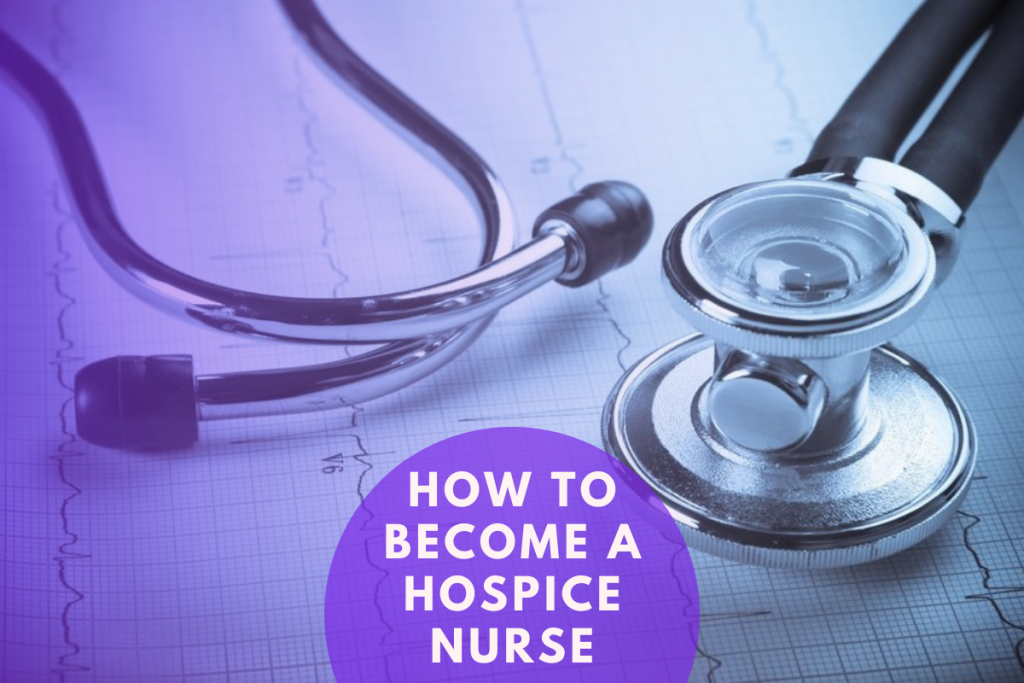What do you think nursing is? Everyone has their own definition of it in their dictionaries, it’s not just administering medication or monitoring their condition or taking care of their needs. Nursing is about making a difference in someone’s life and making your life meaningful by providing care to their every patient. Nursing can be an extremely challenging job sometimes and not just physically, but also emotionally as well. There is a special unit in the nursing field whose job is to only work with terminally ill patients or patients who are about die very soon. They are called hospice nurses. So what it is about hospice nursing that is so challenging?
Hospice nursing category is specially trained to deal with terminally ill patients, while most of them are regular registered nurses; they have a special unique set of qualities that distinguishes them from the others. If you are one of those who is aiming to be a hospice nurse, you need to take many things into consideration apart from the regular nursing activities. You can’t survive in the field of hospice nursing without passion and compassion, two of the most important qualities of a hospice nurse. Now let’s take a more detailed look at the profession of hospice nursing.
Roles of a hospice nurse

Hospice nurses deals with one of the most critical aspects of care, they have significant amount of responsibilities and liabilities at the same time. By liabilities, their liabilities are upon themselves and that is because they deal with terminally ill patients who are about to die very soon or incapable of getting healed. If they fail to provide sufficient amount of care, the heavy emotional toll will be upon them. Their core responsibilities lies within providing their patients comfort and peace instead of healing or treating them.
Their tasks and duties may vary from place and to place and depends on the variety of setting they are in. If they are in the patient’s home, their work might even have house chores included in the list of tasks, but that’s just to help the patients or their family. They monitor and observe the patient’s health condition by checking pulses, monitoring heart rate or giving them insulin.
If their working setting is in a hospital or clinic or any hospice management center, their duties might change according to the patient or organization’s needs. They work with other healthcare members in order to ensure a comfortable and peaceful care to the patients; they work with doctors, physicians, regular nurses, other advanced
practical nurses etc. Hospice nurses are the bridges between a patient’s condition, patient’s family and other healthcare members. They are directly in-charge of the patient.
They are the ones who answer to the patient’s families’ query. Hospices nurses are considered the cornerstone of holistic and hospice care. A hospice nurse caters to all of the patient’s logical and ethical needs. They are the emotional support of the patients. It is sometimes said that to become a hospice nurse, the person is needed to be heartless true, while this is not true but the statement has valid reasons behind it. Seeing their patients die is nothing new for them, to become a hospice nurse, the nurse needs to be emotionally strong. Considering the nature and duties of the job, it is inevitable for the nurses to not create an attachment with the patients.
When you’re working this personal with someone, the person undoubtedly becomes close to you or you develop some attachments. The loss of that individual will affect the nurse even if it’s slightly, coping up sometimes is difficult but that’s just their responsibilities, they must see the patient and carry him/her till the end. All these emotional tolls doesn’t quite mean that everything is negative, it works both ways, the nurses are able empower themselves.
Working with a terminally ill patient can actually give a fulfilling meaning to their life, thinking about how much of a noble job this is, it can give off a good vibe regardless of the deaths because if the patient is cared very well and is shown compassion then the whole role of a hospice nurse can seem satisfying. The hospice nursing or nurses play an integral part in the patient’s latter part of the life.
How to become a Hospice Nurse

The steps to become a hospice nurse aren’t any different from any other field of nursing. It follows five simple steps, and furthermore the field of hospice nurses is divided as to there are options to which position as hospice nurse you want or you can (capable of). There are
- Certified Hospice and Palliative Nursing Assistants (CHPNAs).
- Certified Hospice and Palliative Licensed Nurses (CHPLNs).
- Certified Hospice and Palliative Nurses (CHPNs):
- Advanced Certified Hospice and Palliative Nurses (ACHPNs).
However, to become an ACHPN you first need to become a CHPN/CHPLN/CHPNA. But to even reach this level where you get to decide on your hospice nursing field, there are other criteria and requirements that needs to be accomplished
Step 1: Obtain a degree/diploma
The most common and efficient way would be to get a BSN (Bachelor of Science in Nursing) degree, although an Associate of Science in Nursing (ASN) diploma is also accepted. However, if you want to earn a MSN degree for ACHPN, you need to complete your BSN degree first.
Step 2: Get licensed
After obtaining your diploma/degree, prepare yourself to get licensed. Without getting licensed you cannot become a RN and progress your career further. Licensed means they are legally permitted to practice in their state of residence. Pass the National Council Licensure Examination (NCLEX-RN) and obtain your license.
Step 3: Experience
To apply for a certification for hospice nursing you at least need 1 to 2 years of experience in acute care department, this is to make sure the nurses are capable of progressing their career further with sufficient amount of practical experience.
Step 4: Get Certified
First of all there is a huge misconception between getting licensed or getting certified. Being certified means that nurse is competent enough to administer medication to patients and being licensed means they are legally permitted to practice in their state of residence. Although many hospice care facilities do not require certification but to work in a challenging environment or to progress your career even further, a certification is required. You can earn your certification from the National Board for Certification of Hospice and Palliative Nurses by passing the hospice and palliative nurse’s certification exam. The board requires the candidate to have a valid RN license and experience before applying for the exam.

Leave a Reply